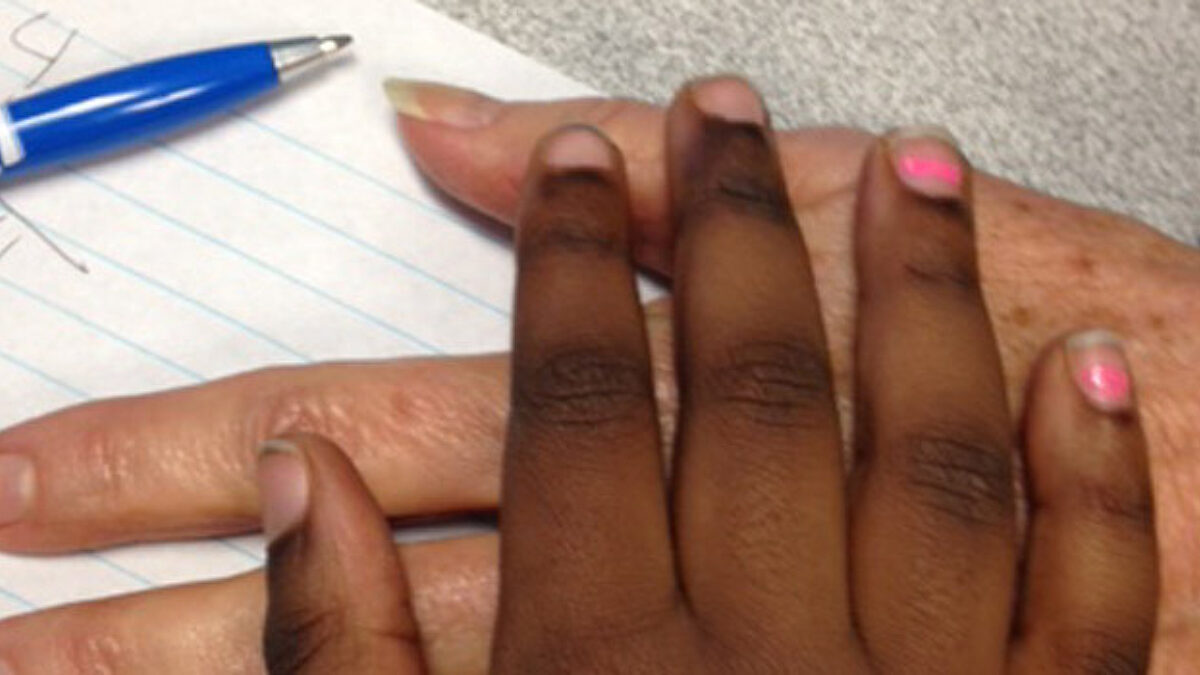
The power of an apology
By Jessica Brodie
I’ve been reading a lot in secular media about how we—particularly women—need to stop apologizing for everything. Apparently, our inherent gut reaction to murmur “I’m sorry” when things go awry sends the wrong message to people.
When we’re late to an appointment because an accident clogged the interstate, for instance, we’re not supposed to apologize, because doing so makes it seem like we had one iota of control over this, thereby putting us at fault and diminishing our credibility. Likewise, if someone tripped because they didn’t see our belongings in their path, we shouldn’t apologize lest it be construed that we are taking accountability for their mistake.
In Laura Argintar’s article “Sorry, We’re Not Sorry,” from Elite Daily, she states, “Why should we have to say sorry for being particular or for putting ourselves first? We need not feel bad about circumstances beyond our control, and we are entitled to live our lives as we see fit.”
But as Christians, I think there’s absolutely nothing wrong with adopting an attitude of humble chagrin and humility, even (gasp!) at our own expense. I do feel genuinely sorry when my child falls, when a stranger drops her ice cream, when a friend loses his keys. My expression of sympathy shouldn’t take me down a notch in their eyes. But even if it does, should that matter?
The power of an apology goes a long way. When we’ve done something wrong to another person, our apology paves the way for forgiveness. When something bad or unfortunate has happened to another, our apology tells them “I feel your pain” and “I support you” and “I understand.”
Recently, Derek McGowan, president of his local United Methodist Men unit at St. Mark United Methodist Church, Taylors, told me how much it meant to him when Dr. George Howle, a white man and the Greenville District superintendent, publicly apologized for the privilege of his demographic (see “Unconditional Love: UMMen ‘Teaching Church’ in Taylors Helps Men Love God, Self, Others"). That is, Howle was sorry for anything white males ever did or are still doing that hurt their black brothers. Even if he never did anything himself, he was sorry; he was willing to shoulder the burden and the responsibility of that pain.
Days after that apology, McGowan was still in awe of the power of those words. Someone else felt his pain, and the pain of his father and his father’s father. Someone else humbled himself and, in doing so, eased a burden and made someone feel understood and loved.
As Paul wrote to the Corinthians, “Love is patient, love is kind. It does not envy, it does not boast, it is not proud. It does not dishonor others, it is not self-seeking, it is not easily angered, it keeps no record of wrongs” (1 Corinthians 13:4-5).
Perhaps an apology is yet one more step we can make toward loving our brothers and sisters. Forget the self-centered argument, “Why should I apologize? I didn’t do anything to him.” Forget the self entirely. Think of others, and how they might be loved best. Even at our own expense.